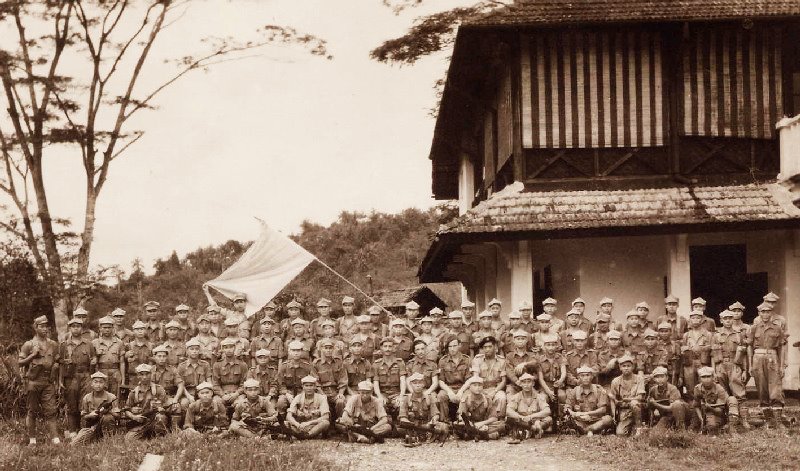Local Heroine Sybil Kathigasu
I remember years ago preparing for my history test there was a little mention of a freedom fighter in Malaya by the name of Sybil Kathigasu, whose heroic exploits against the Japanese army in Malaya were documented in her memoir, No Dram of Mercy. There is not even a whisper of her and her sacrifices nor was she officially given any recognition by the powers-that-be. This is despite the fact that she played a great role in providing healthcare to the terrorised local community during Japanese rule. She remains an icon of bravery and courage, and her only literary work was what is left today. Sybil Kathigasu (1900-1948), a Eurasian Malayan, was the wife of Dr AC Kathigasu who operated a clinic at No 141, Brewster Road in Ipoh. Days before Japanese troops occupied Ipoh on Dec 26, 1941, the family escaped to the nearby town Papan. Japan began to land troops on Peninsular Malaya on Dec 8, 1941 at the Sabak Beach in Kota Baru, Kelantan. While staying at a shop house at No 74, Main Road, Papan, the British loyalist Sybil Kathigasu secretly kept shortwave radio sets and clandestinely listened to BBC broadcasts to be kept informed of the situation around the world, especially in Britain and Europe. Those acts were considered criminal and highly subversive by the military administration of Japan in Malaya. Later, she also secretly supplied medicines, medical services and information to the underground communists and guerilla forces of the 5th Independent Regiment of the Malayan People’s Anti-Japanese Army (MPAJA) fighting against the occupation in nearby hills and jungles. Sybil Kathigasu and her husband were eventually arrested in 1943, severely tortured and ‘convicted’. They were jailed until the liberation of Ipoh by communist partisans in August 1945. She was then flown to Britain for medical treatment. There, she began to write No Dram of Mercy and was awarded George Metal in Buckingham Palace by the King of the United Kingdom. As a result of the injury sustained during her incarceration, Sybil Kathigasu passed away in 1948 in Britain but, to fulfill her last wish as a Malayan, her body was flown back to Ipoh and buried at the Catholic cemetery besides the St. Michael Church. Besides detailing her own clandestine activities in Papan and torture in Ipoh, Sybil Kathigasu also outlined the socio-cultural landscape and wartime atmosphere in the Ipoh-centered Kinta Valley during the 1940s.
She also vividly recorded the pre-occupation bombing in early and mid-December 1941 as well as the liberation of Ipoh in August 1945. Last year, the Chinese translation of No Dram of Mercy was launched in Kuala Lumpur and Ipoh where a memorial service was also held in her honour. 2005 was the 60th anniversary of the end of the Pacific War and the liberation of Malaya, Sabah, Sarawak and Singapore.





Comments
Post a Comment